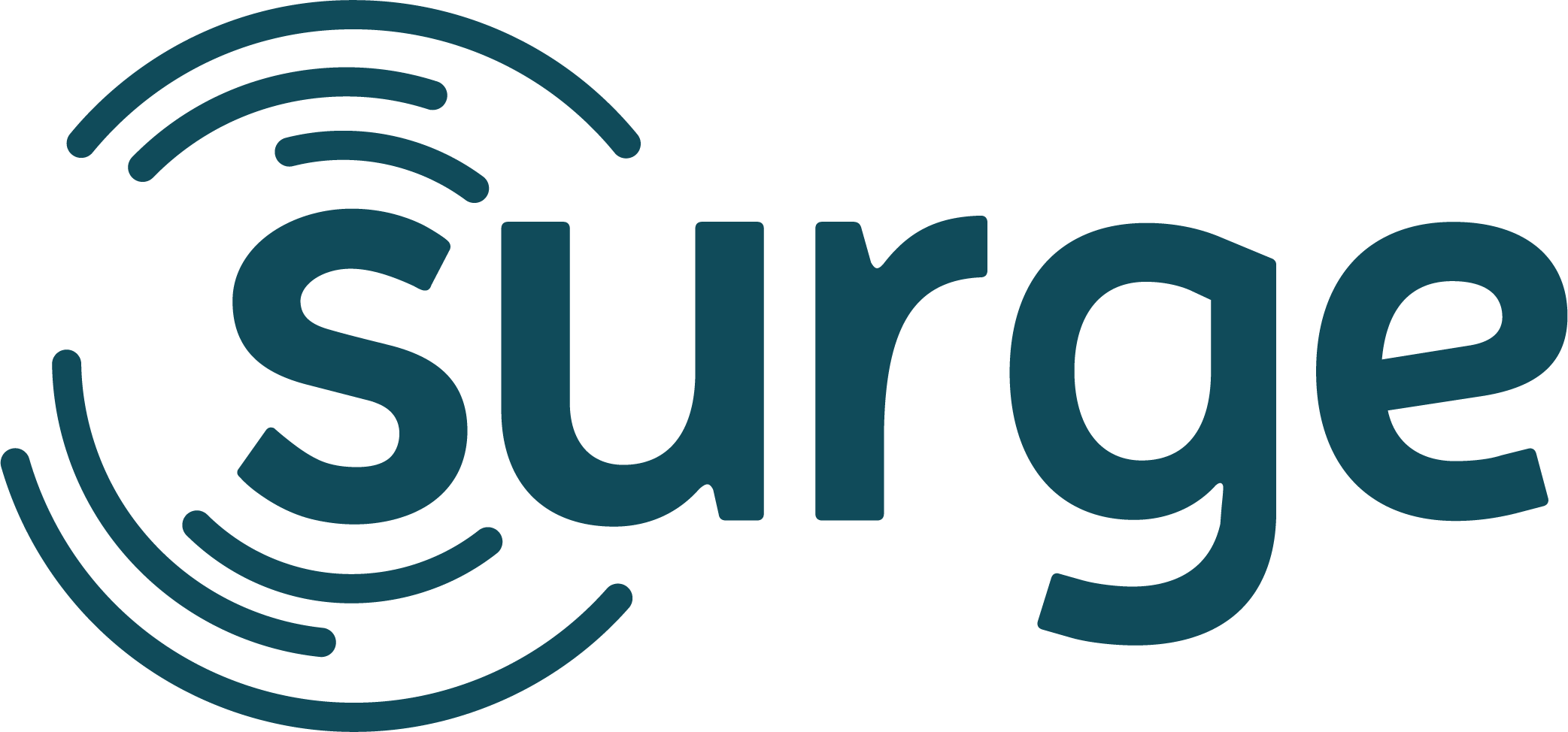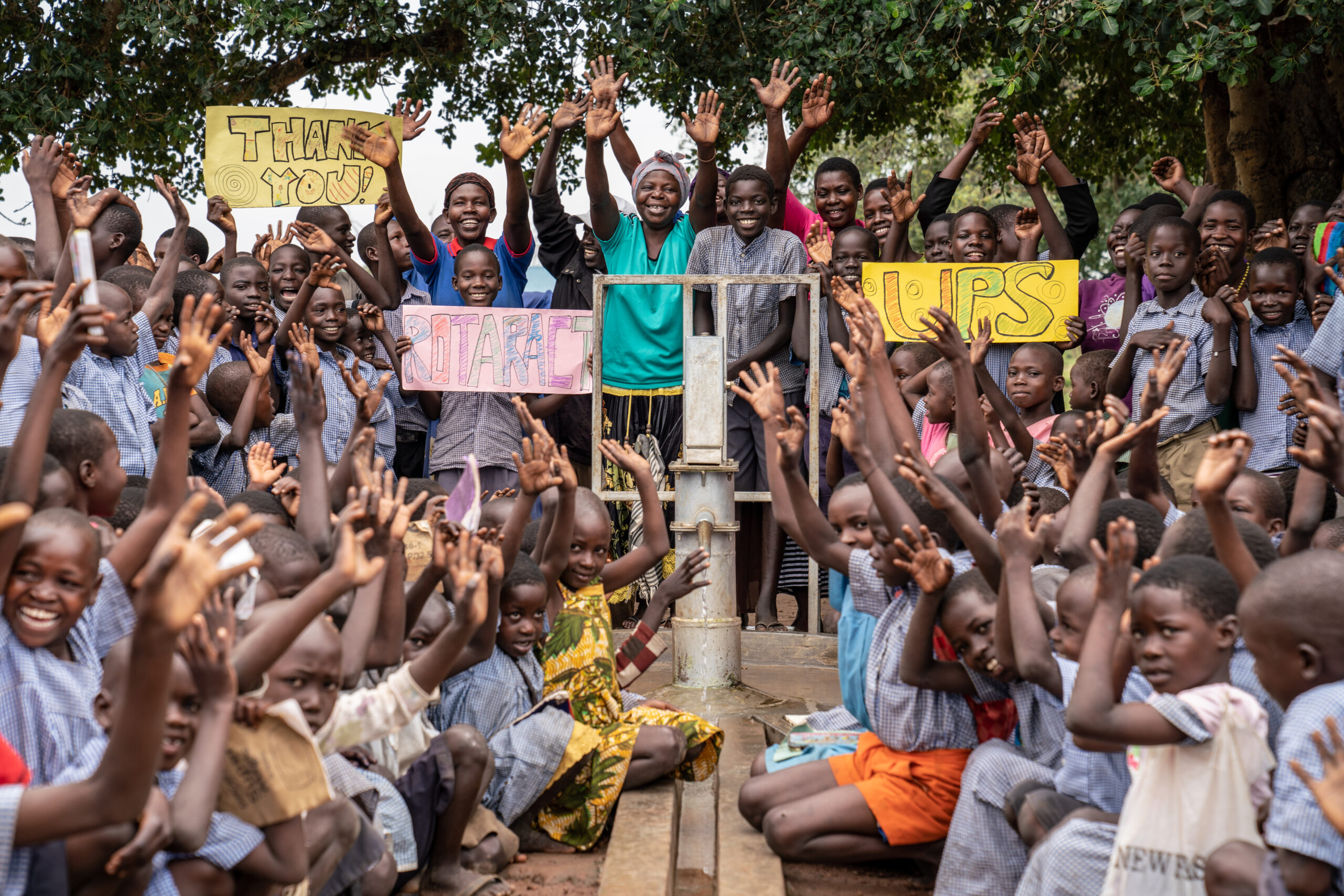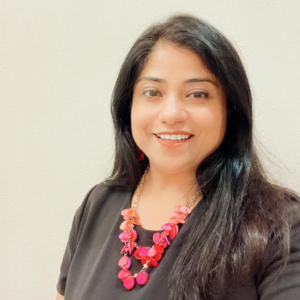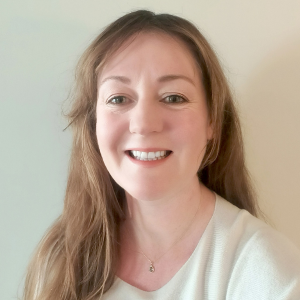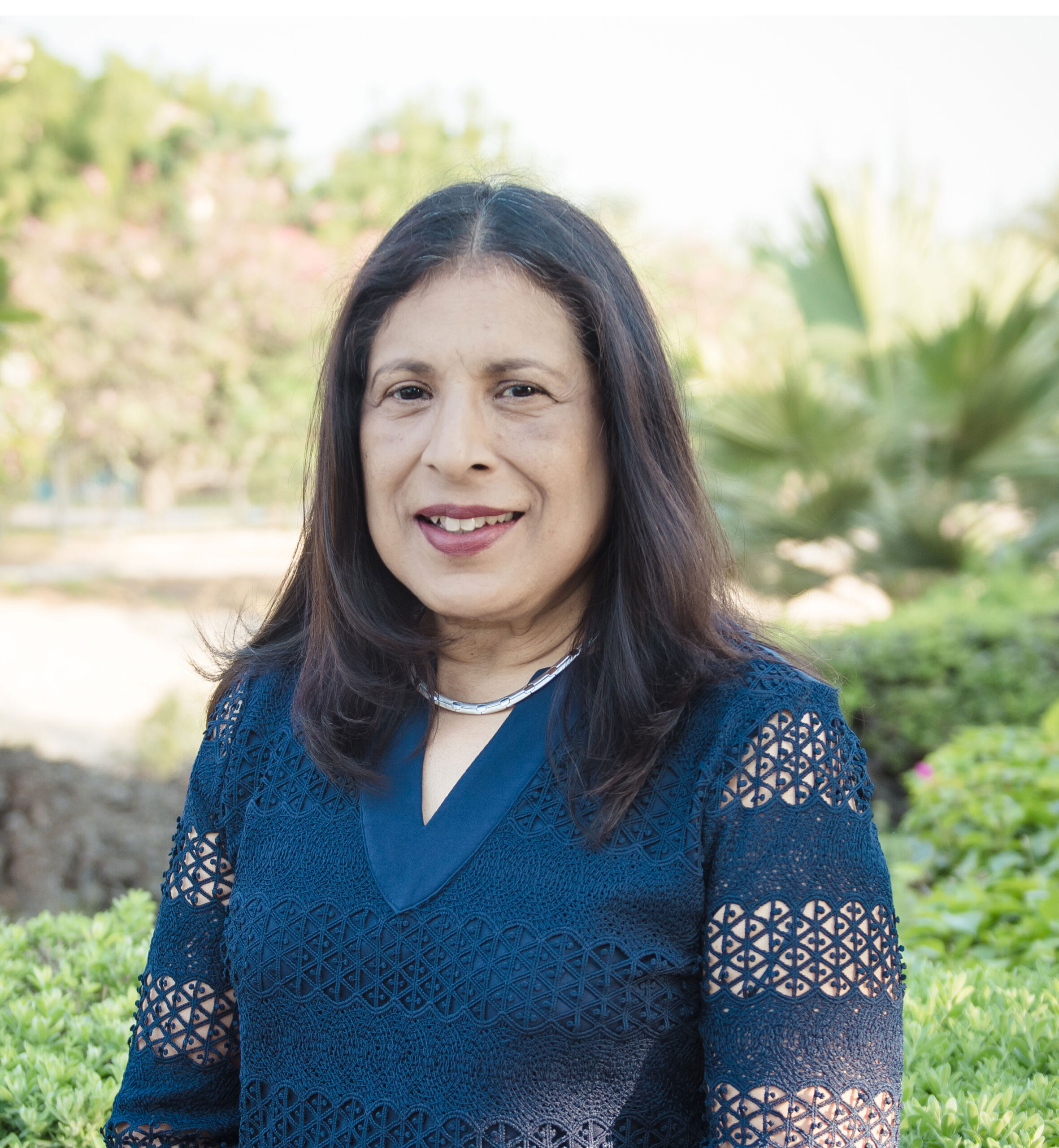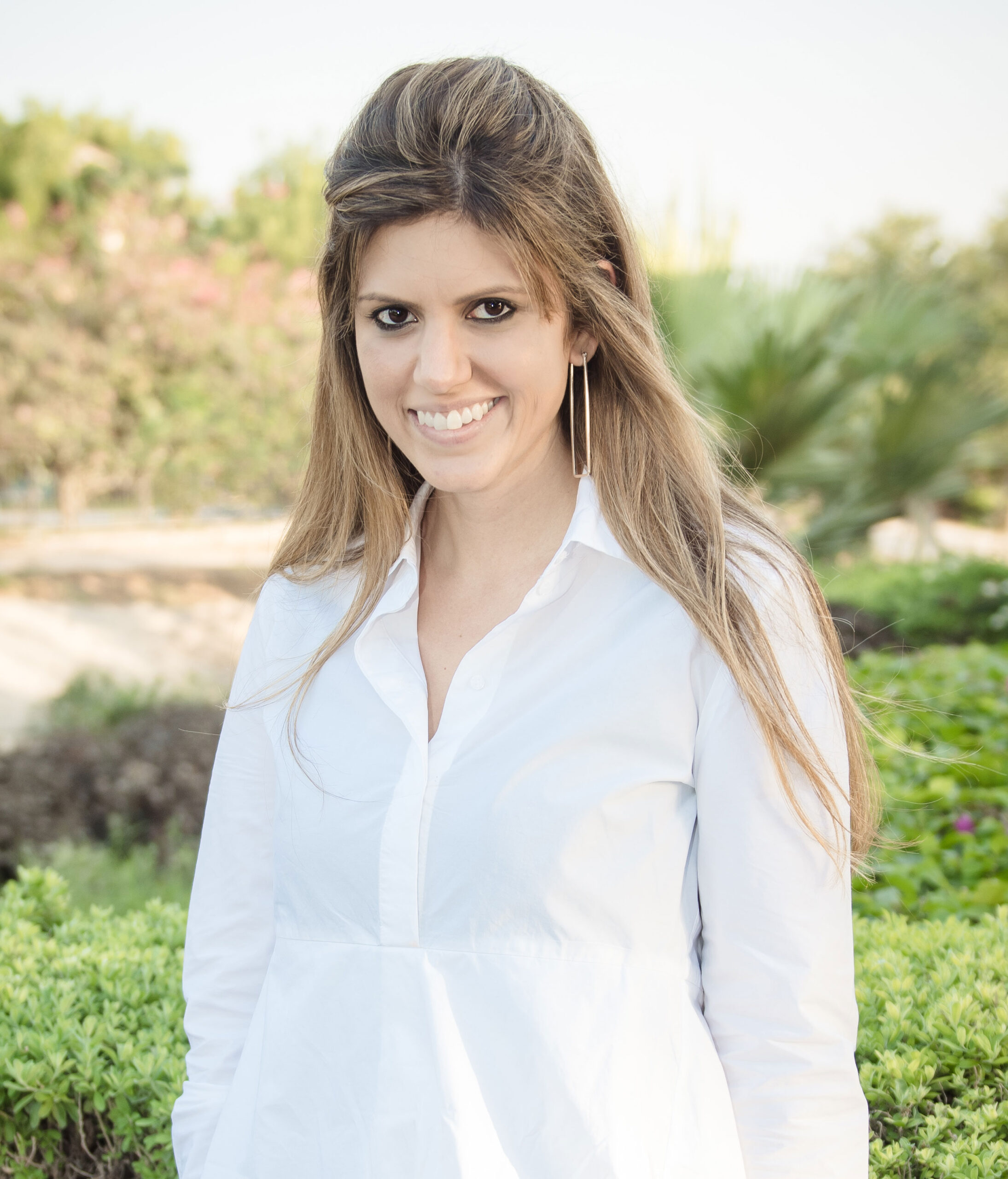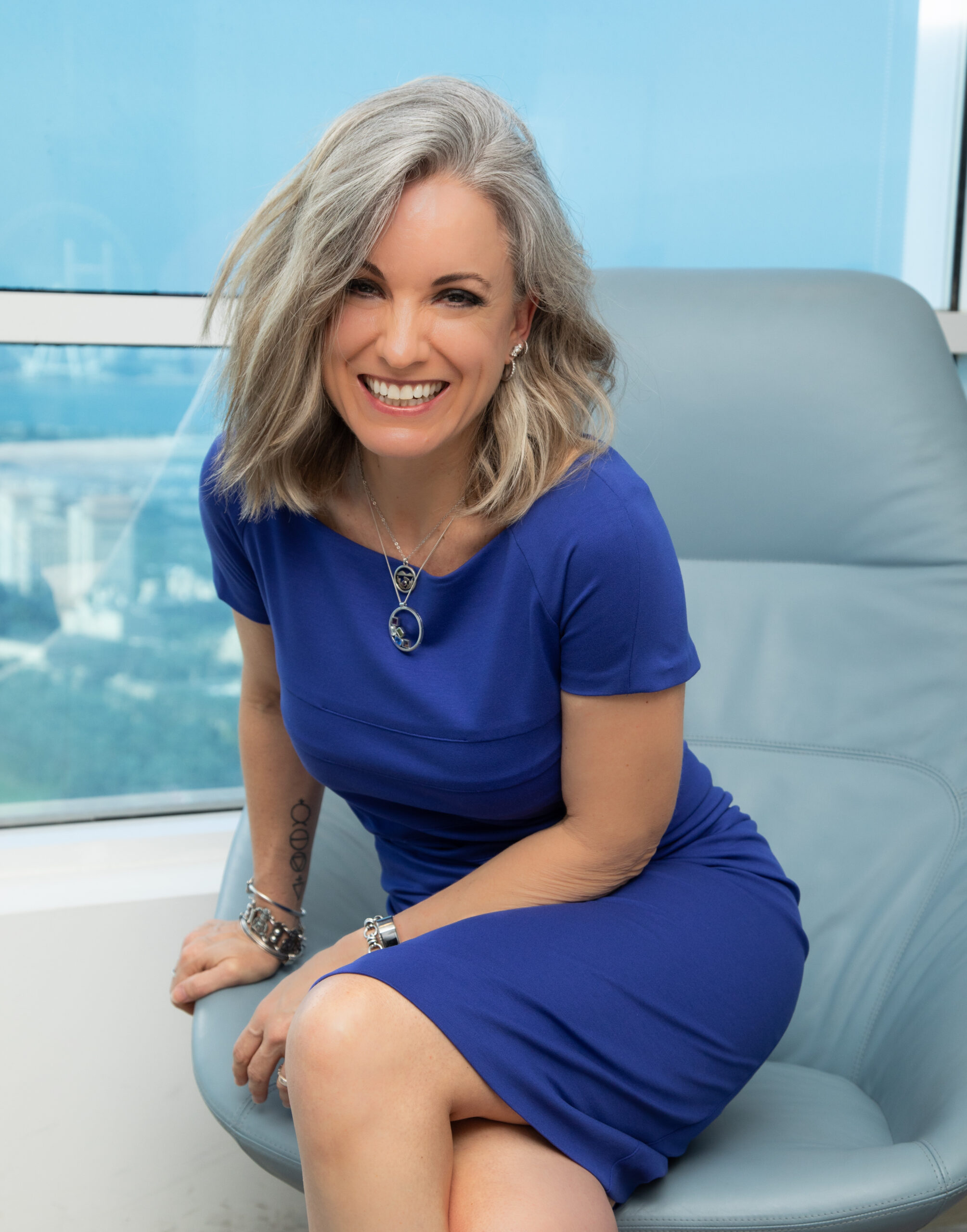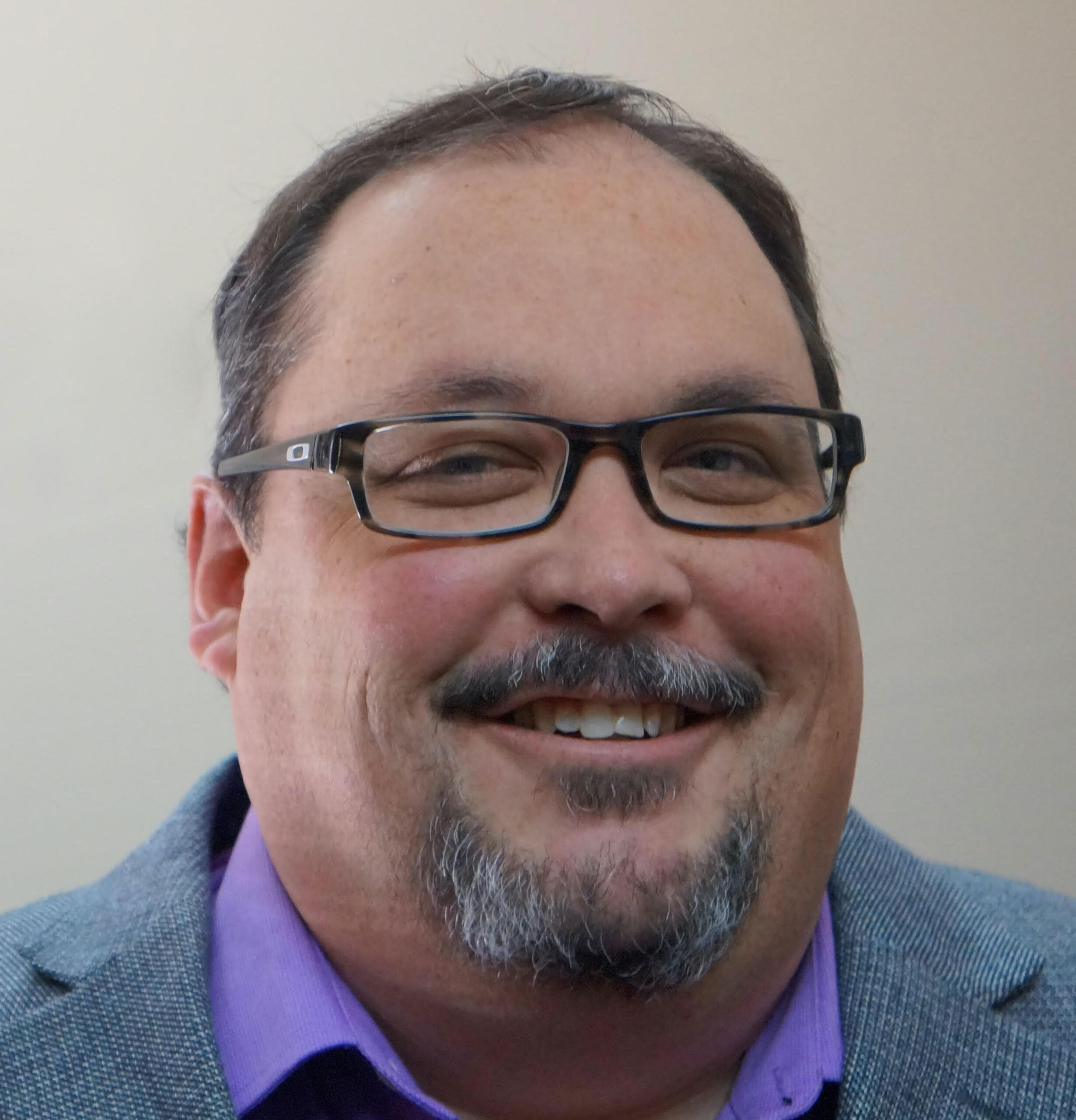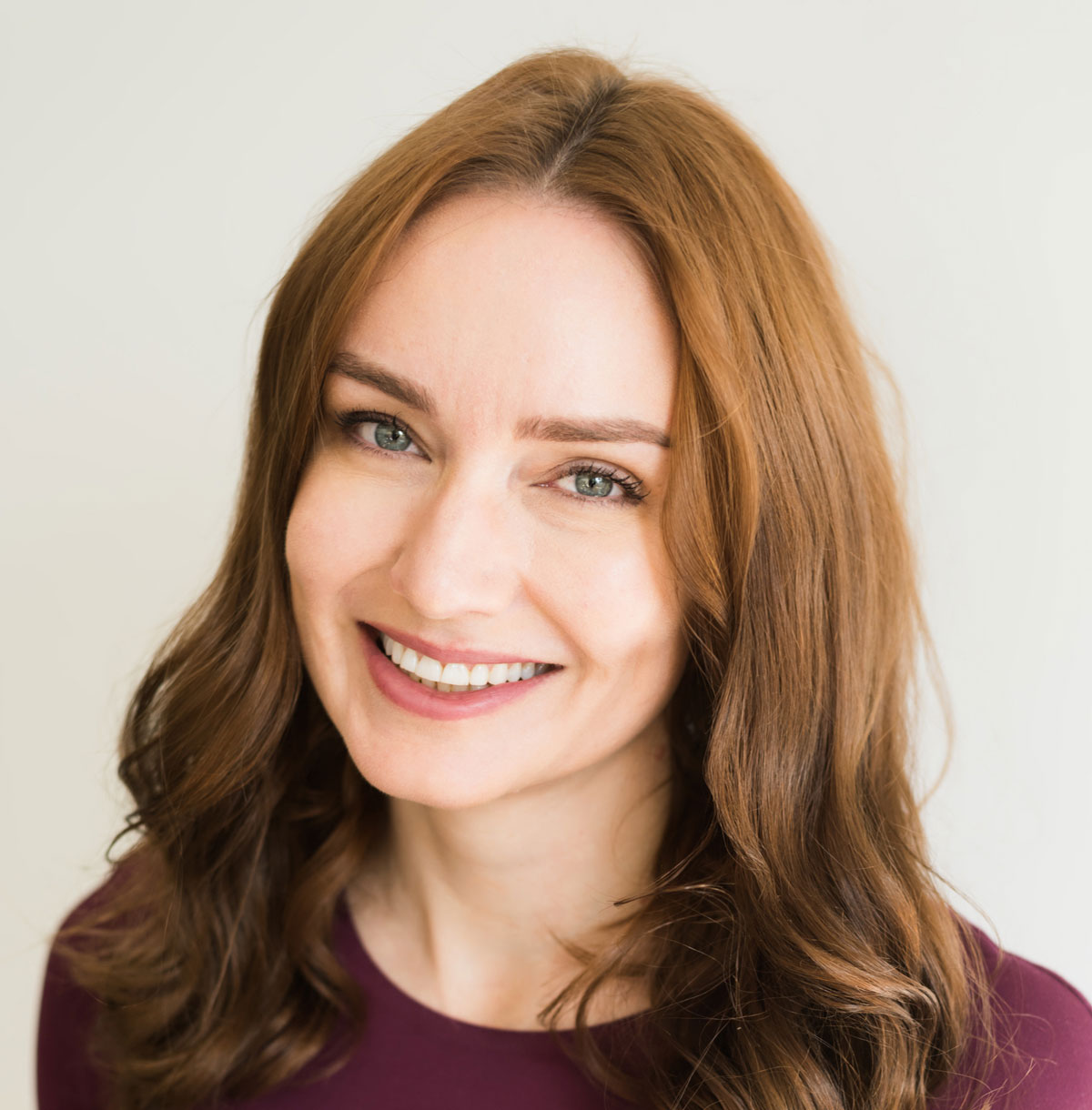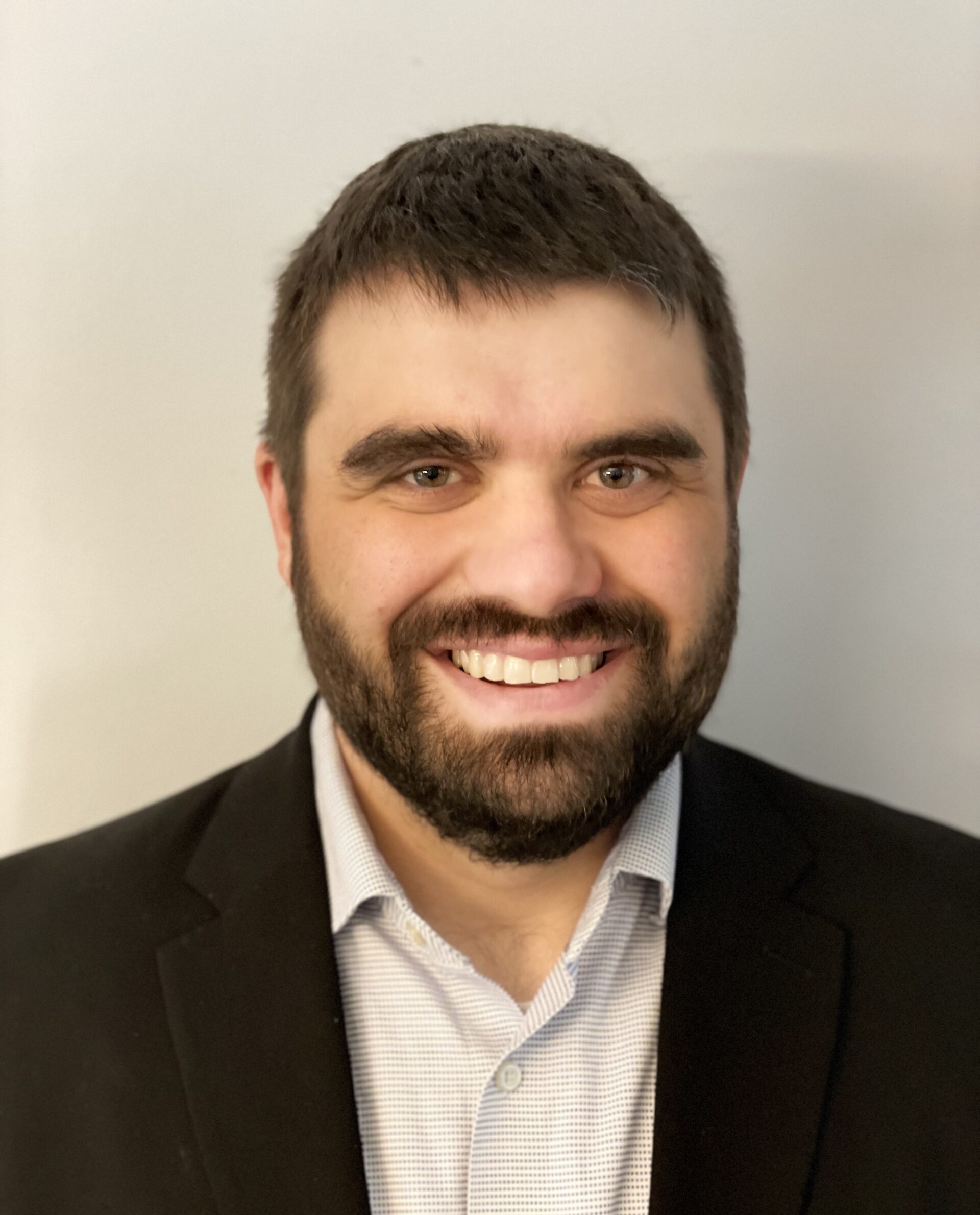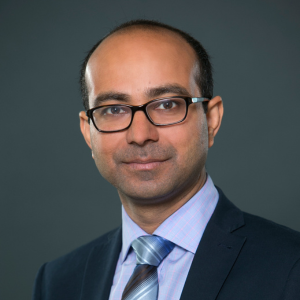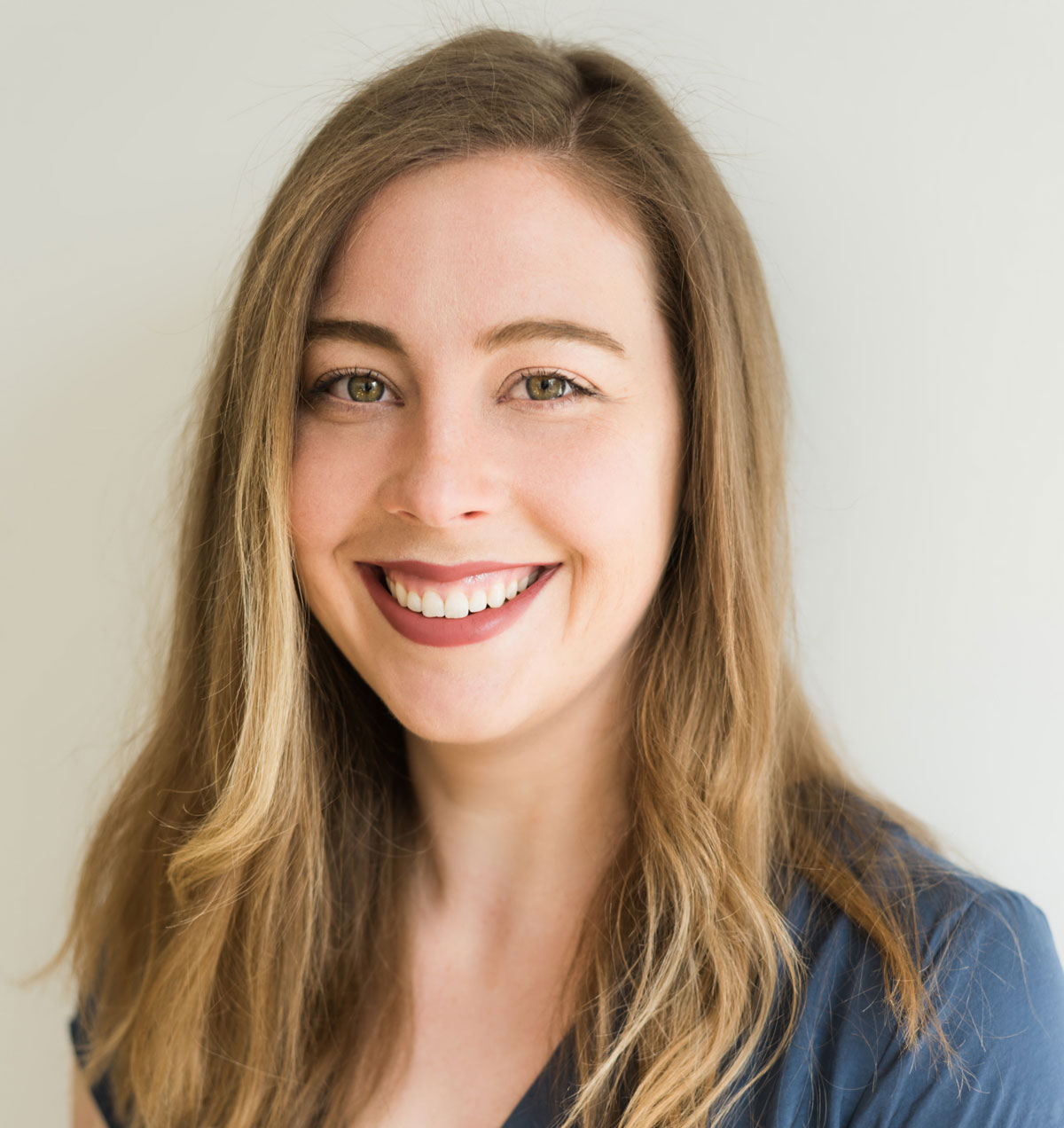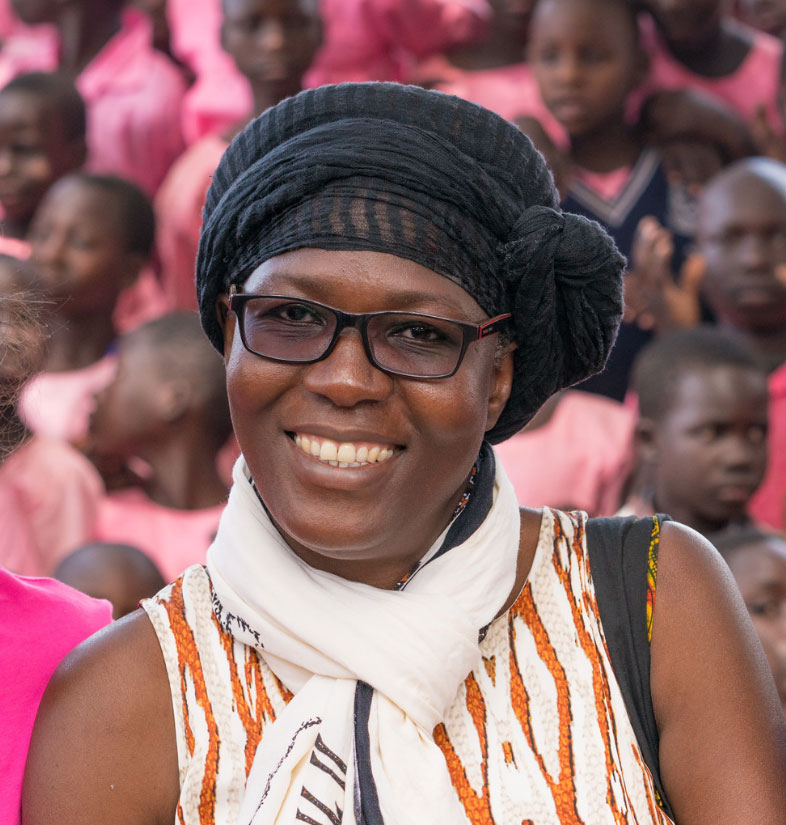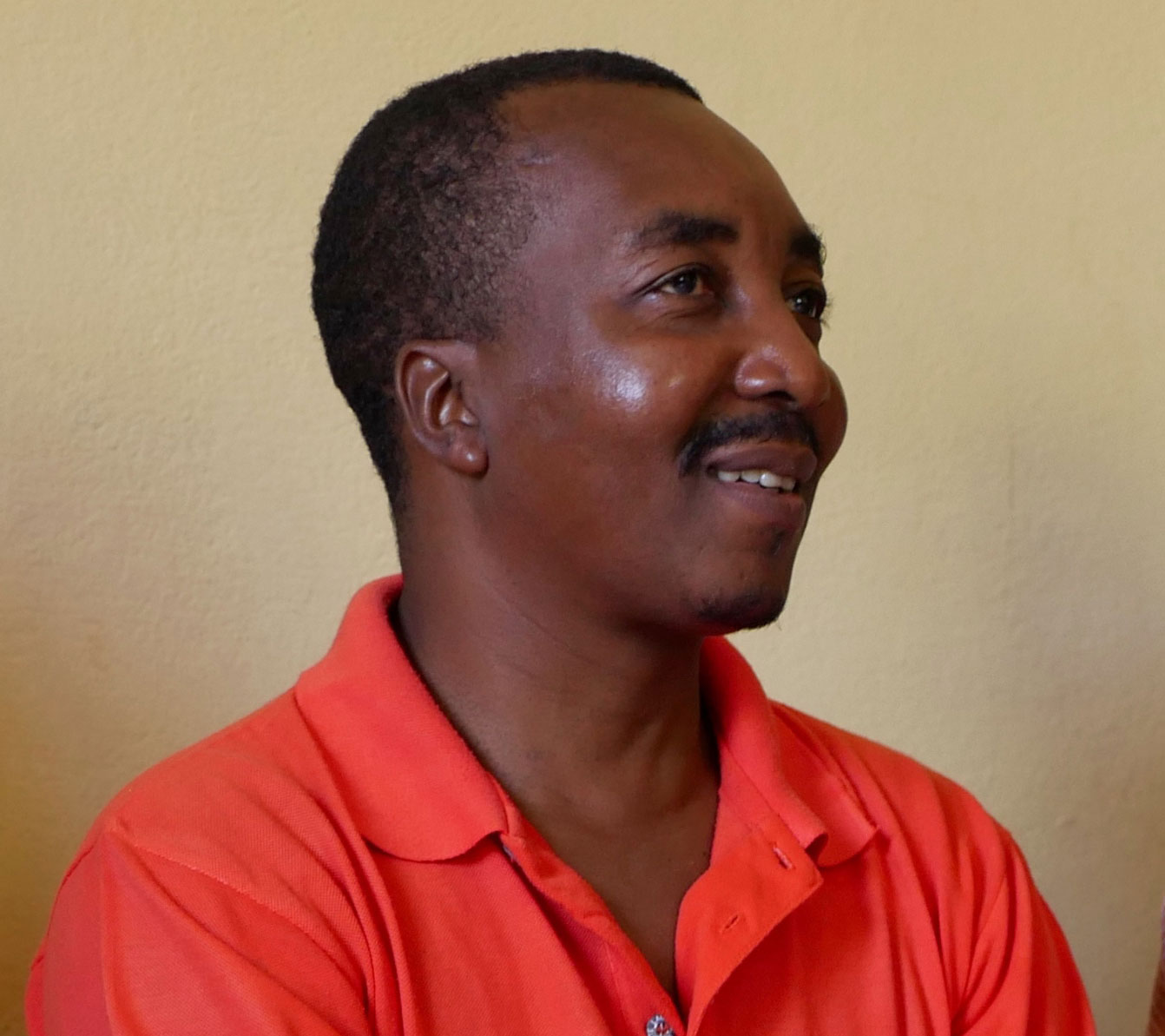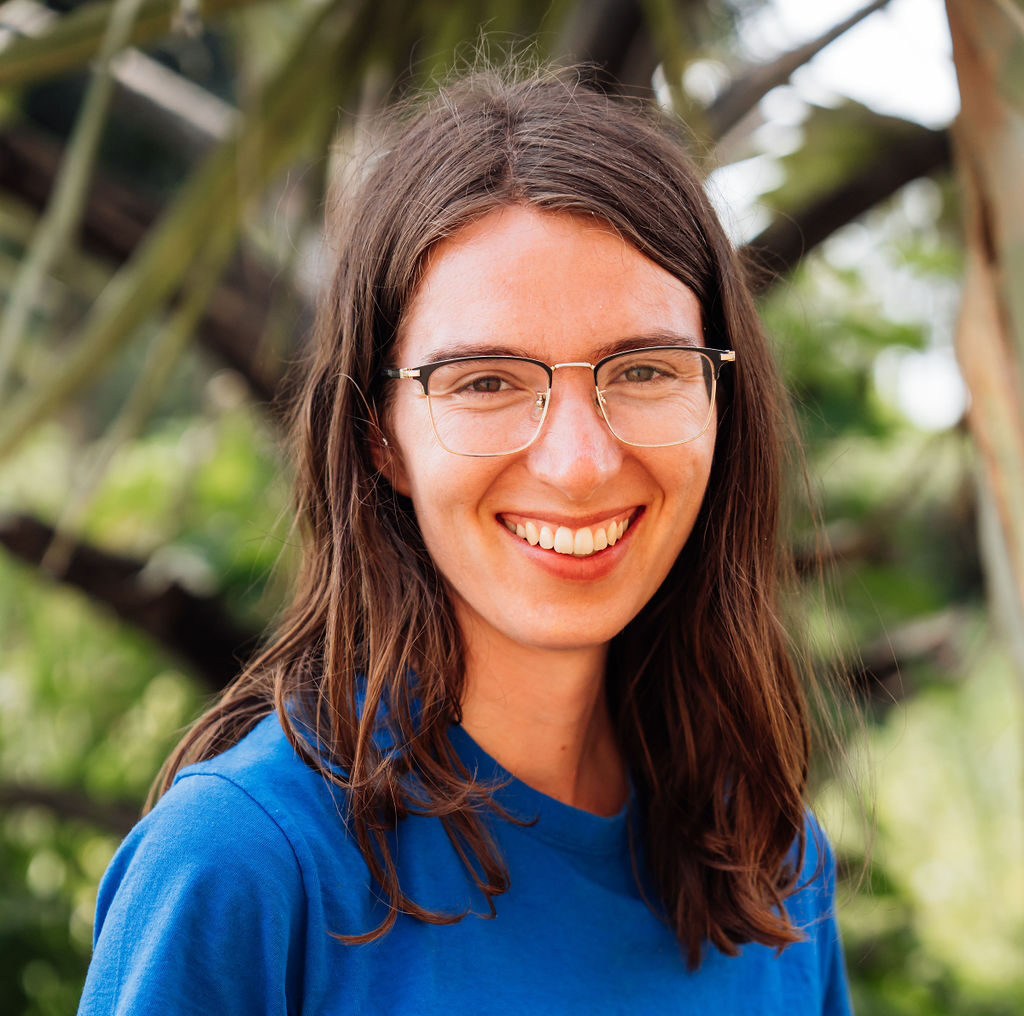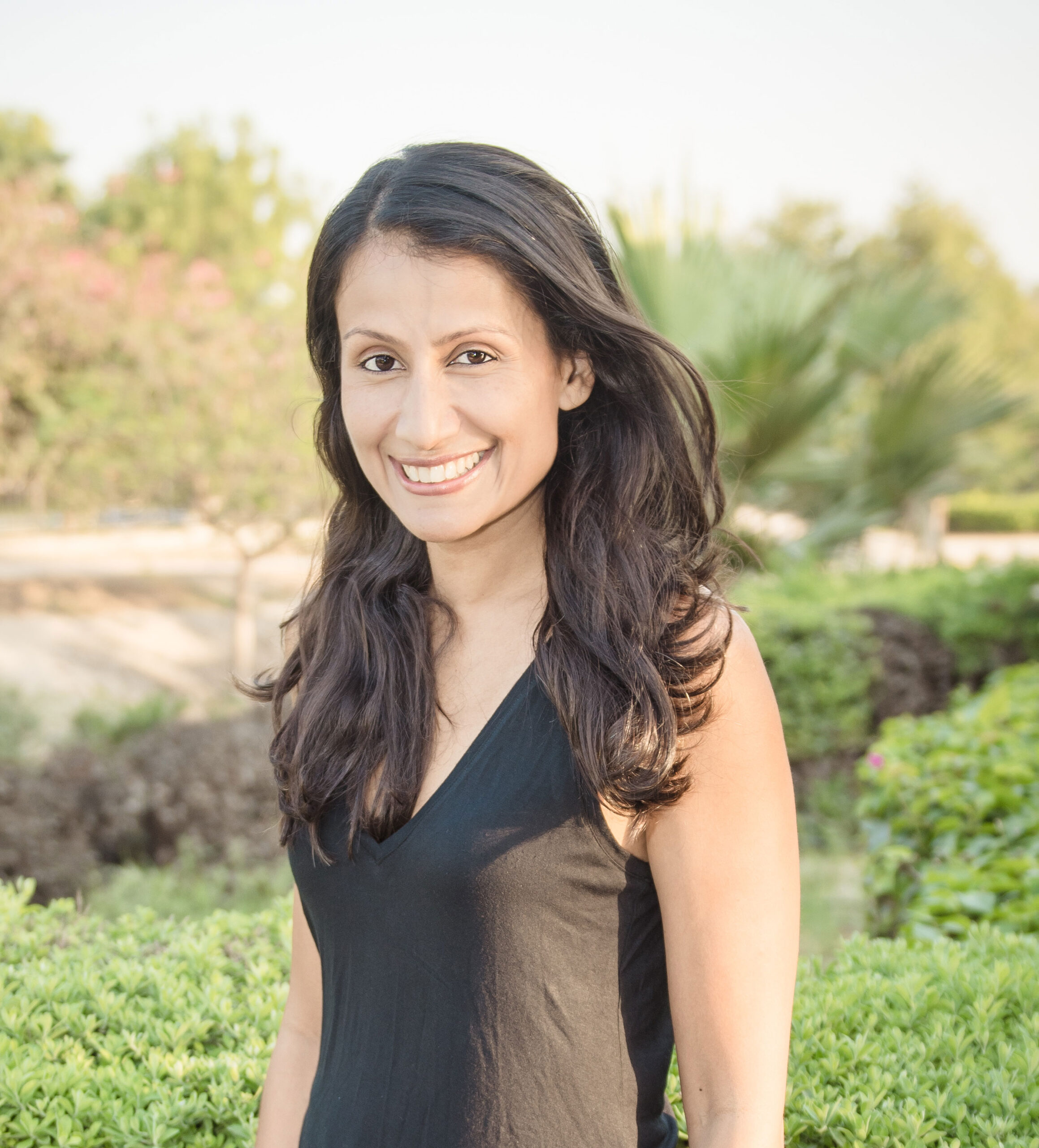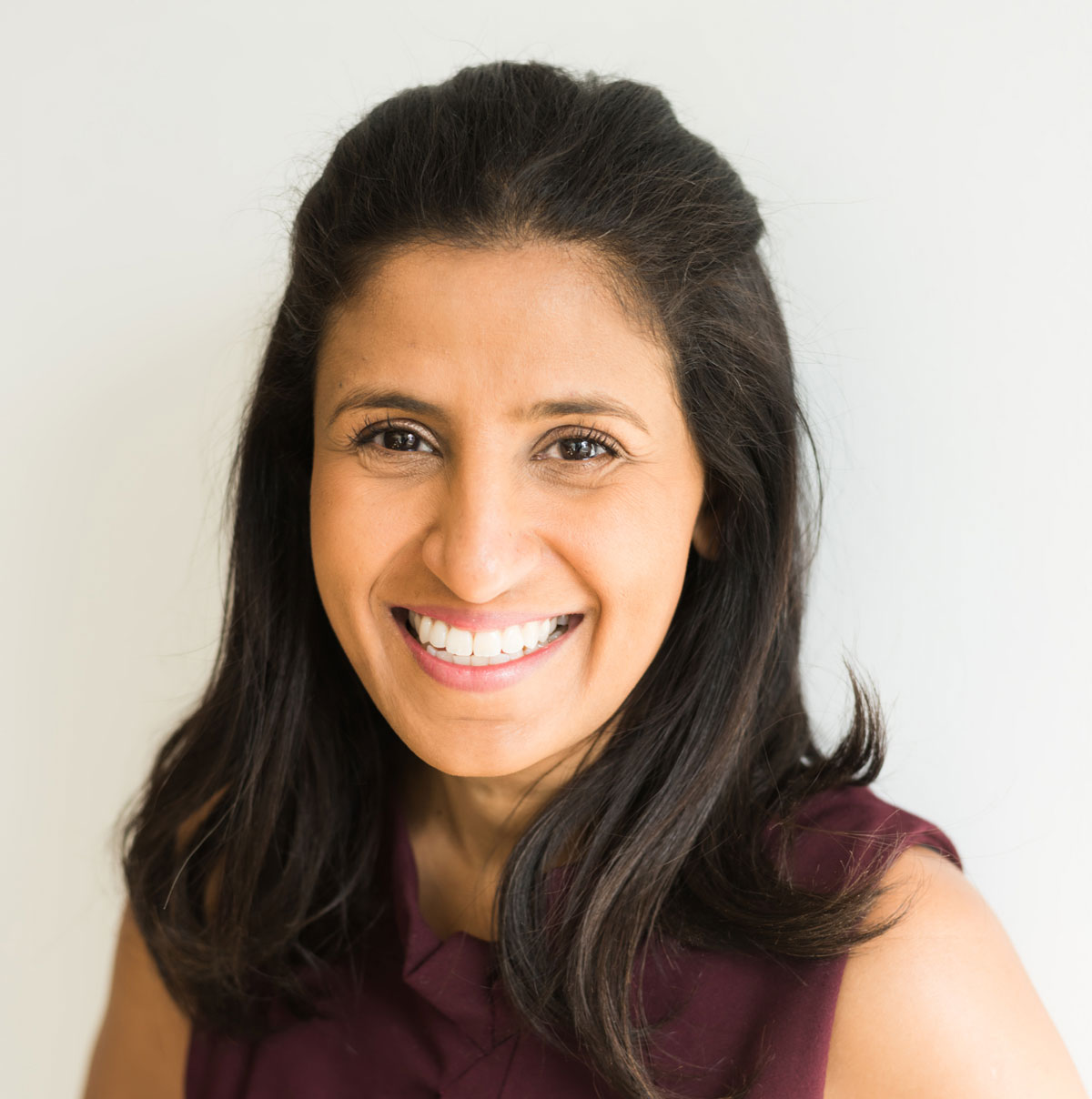In all of the communities we work, we use the UN Sustainable Development Goals as our benchmark. UPS & Rotaract Club of Jumeirah Dubai also work towards these goals, which is why we have partnered together to change tens of thousands of lives in Kaberamaido. Through this partnership, we have fixed wells, built latrines, and provided sanitation and hygiene classes at 3 primary schools. Collective impact is greater than 3,600, when including 1,503 at Otuboi Comprehensive and 1,104 at Kagaa Primary School.
Below we provide an example of the kind of change this partnership has had with 1,050 community members, 608 of which are students at Kakado Primary School in Kaberamaido.
Well Fix and Water Filters at Kakado Primary School
The enrollment at Kakado Primary School in Kaberamaido, Uganda, was very low. While most schools in the area enroll about 200 students in Primary 1 through 3, Kakado had less than 40. These low enrollment numbers were due to a variety of factors, two of which were lack of access to clean, safe water and sanitation.
The well at Kakado Primary School broke in November 2018, and since then the closest water source was 2 kilometers away. Without having access to water, many students chose not to come to school. Those that did come would often leave half-way through the day to go in search of water. Besides thirsty students, the school also had the challenge of planning for lunch and collecting enough water which they could use to cook.
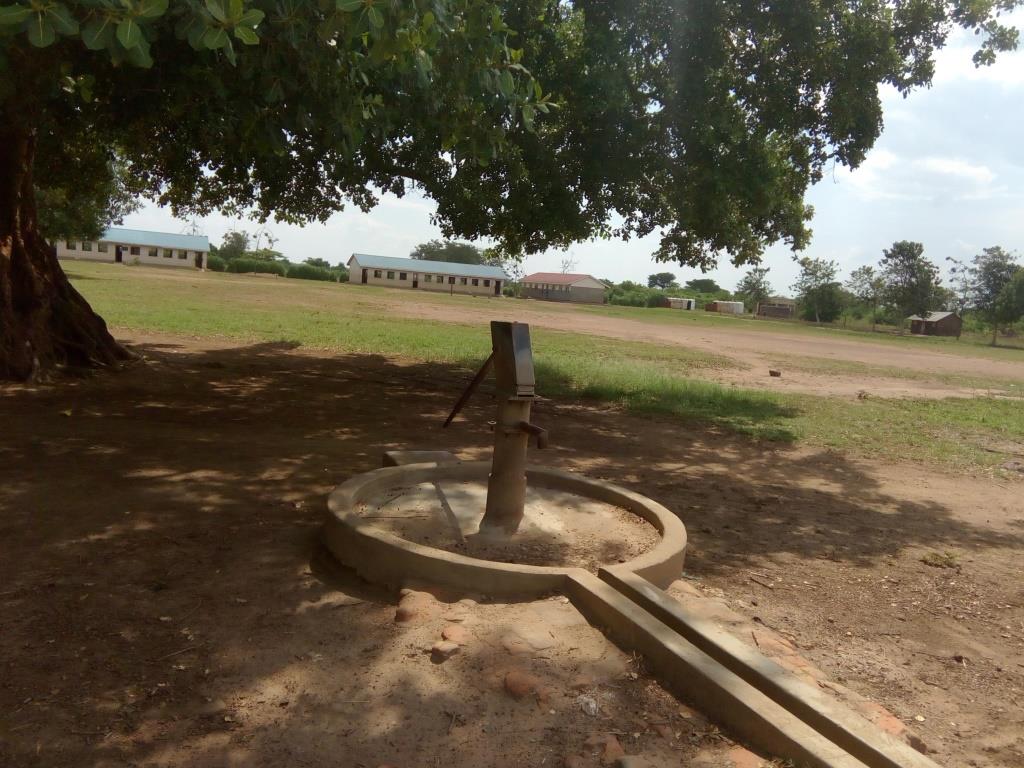
Sarah, a 17-year old student, said that “before the rehabilitation of this well, we would not wash our hands after cleaning the school compound because of lack of water… I would feel very bad using dirty hands but I had no option than [to] keep it that way. We are so excited that at last our well is now working and we have plenty of water to keep ourselves clean. We also have drinking water.”
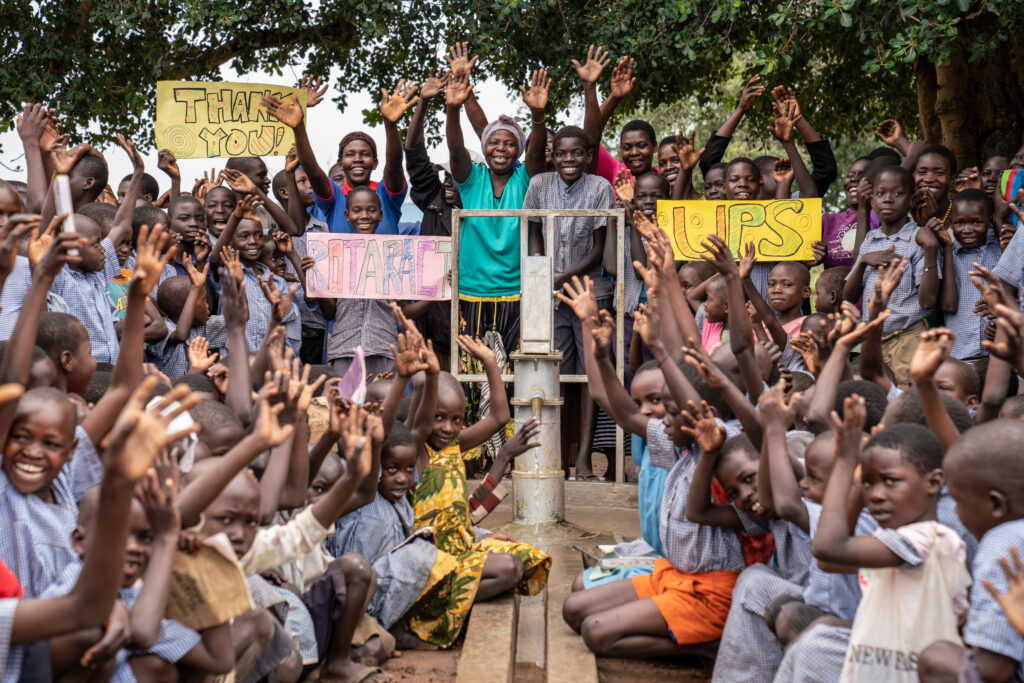
In addition to the rehabilitation of the well, our partnership with the UPS Foundation allowed 7 water filters to be delivered to the school. The school enrollment has increased to 608 students, and the filters ensure that the students not only have access to water but that the water is clean and safe to drink.
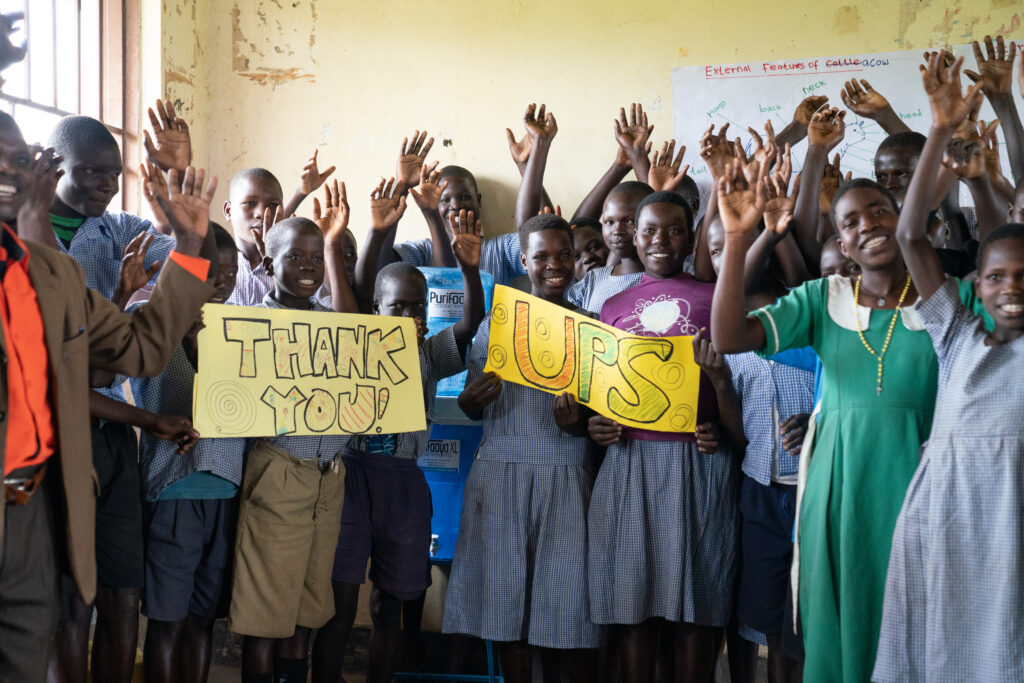
Girls’ Latrine Fix at Kakado Primary School
Besides lack of water, Kakado Primary School also struggled with poor sanitation and hygiene. The original girls’ latrines had filled up and were replaced with mobile toilets, or “moblets”. Moblets are only supposed to be used for 1 year, but the moblets at Kakado Primary School had been used for 14 years since 2005.
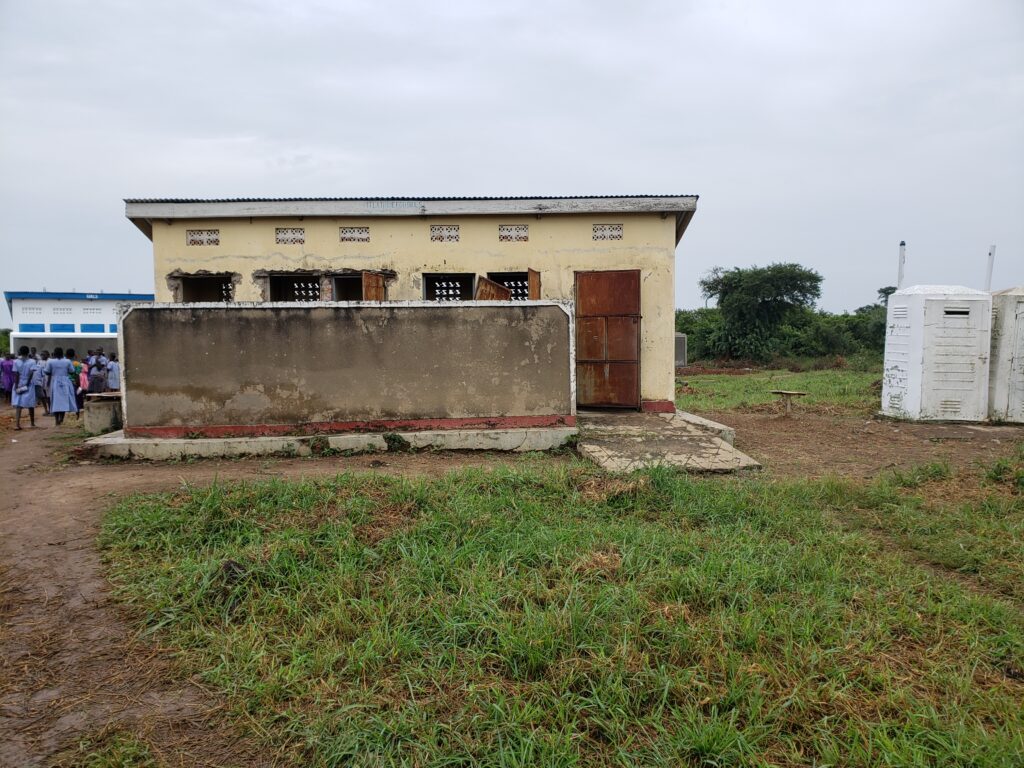
The situation turned dangerous in March 2019, when 6-year-old Eunice was using the latrine and it collapsed with her inside. She was only saved because there was another child waiting to use the same latrine, and the second child immediately alerted the teachers. The latrines were so full of human waste and so compacted that Eunice was unable to sink and the teachers were able to pull her out.
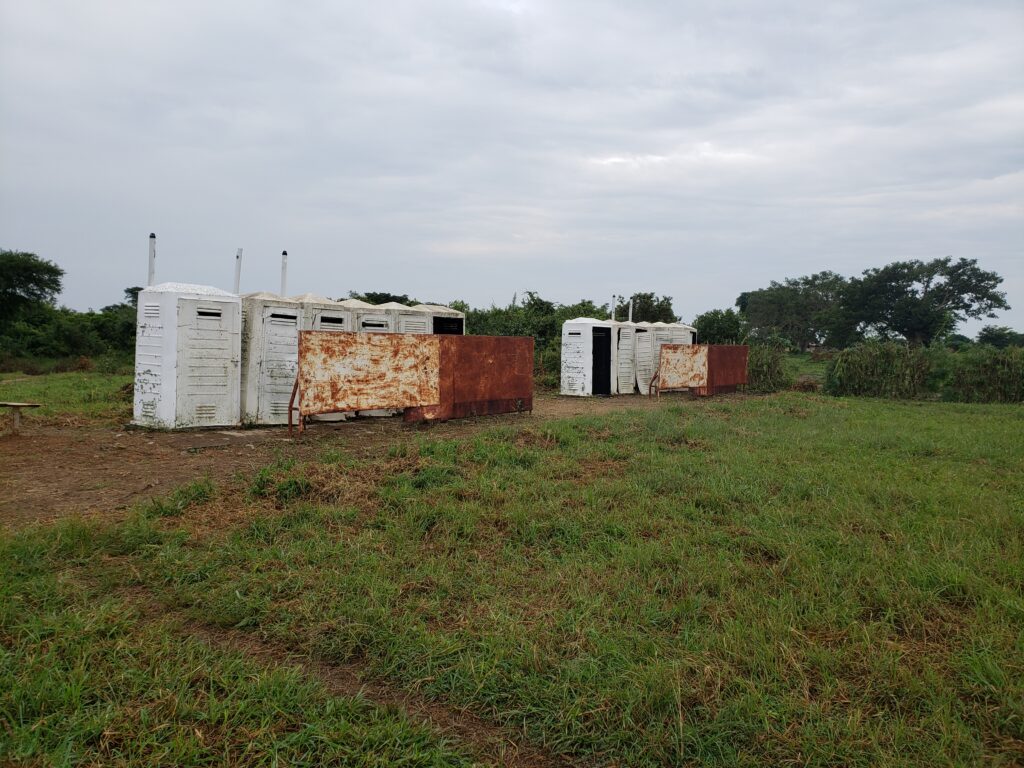
After this, the girls resorted to open defecation around the school. The number of absent girl students also increased, as during menstruation there was no privacy. Many students decided that the best option was to stay at home until their periods were over.
With the construction of the new latrine, all of this has changed. The girls at Kakado Primary School now have a safe space to use the toilet, and they no longer need to miss class because they are menstruating. A senior woman teacher at Kakado Primary School was excited for this change, saying that “with the new latrine, the girls are really excited to stay in school and are attending lessons regularly. They are comfortable even when they are menstruating because they know the school latrine favours them.”
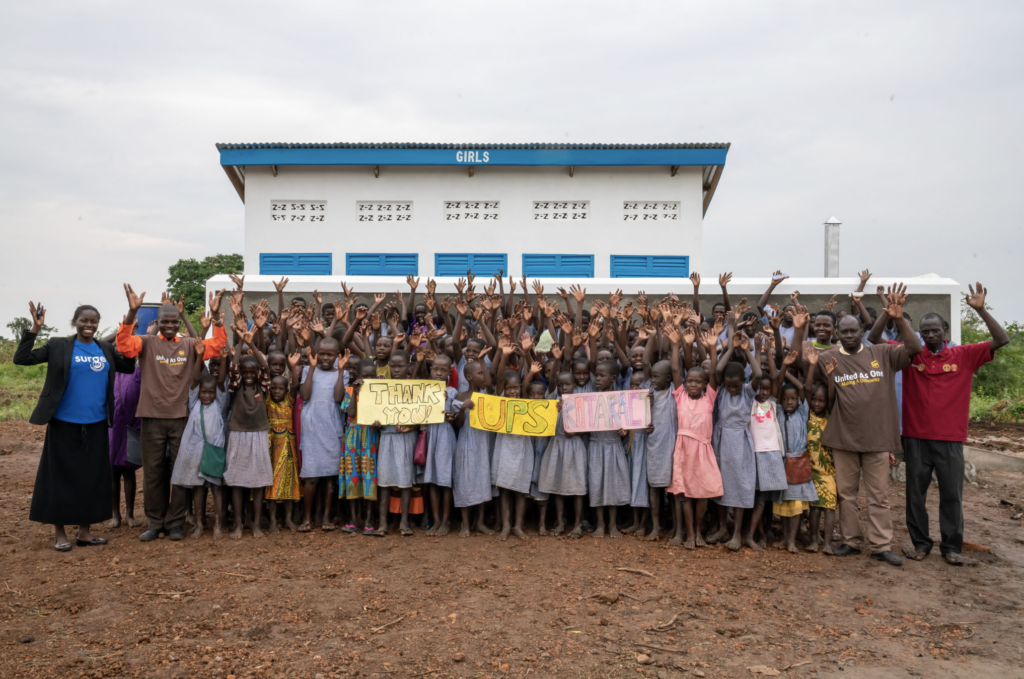
Soap Making and Menstrual Hygiene Training at Kakado Primary School
Our work isn’t over with the rehabilitation of a well, delivery of water filters, or construction of a new latrine. One of the most important phases of our work is the education sessions, where we educate the students and community members about sanitation and hygiene. Students at Kakado Primary School received 2 of these sessions: soap making and menstrual hygiene training.
Thirty students and 4 teachers attended the training on how to make liquid soap. A total of 60 litres was made in this one training, and the students and school administration were very excited about it. Knowing how to make their own soap allows the school to ensure that they will always have soap to clean their toilets.
For the menstrual hygiene training, 70 girls, 30 boys, and 1 female teacher joined. They learned about the menstrual cycle, how to maintain sanitation and hygiene during menstruation, and how to make reusable sanitary pads. The students were very excited to learn how to make the reusable sanitary pads.
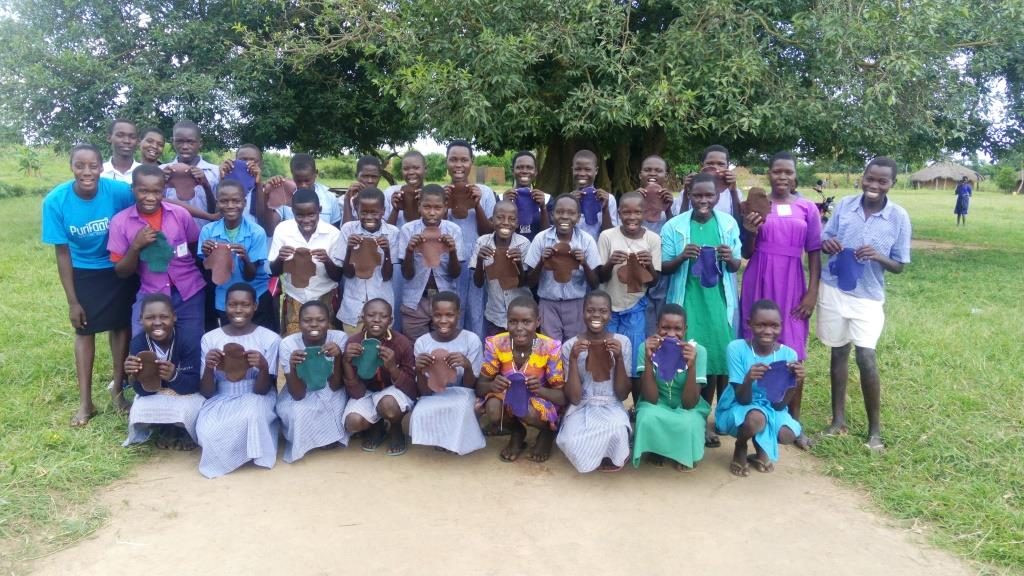
Anyango Suzan shared her story about her experiences with the group:
“When I am on my period, my mother always buys me disposable sanitary pads. There was a time when she had no money to buy them. I wanted to ask my father for the money but I was very scared to approach him so I decided to cut an old dress of mine into small pieces to use as sanitary pads. I was very uncomfortable because I had never used cloth before so I kept on checking my dress every now and then. I was also afraid to do anything because I thought the cloth would fall off the knickers since there was nothing holding it in place. Today I am very happy that POPOW has taught us how to make reusable sanitary pads. Now I will go home and make many of them so that I don’t keep asking money for sanitary pads from my mother.”
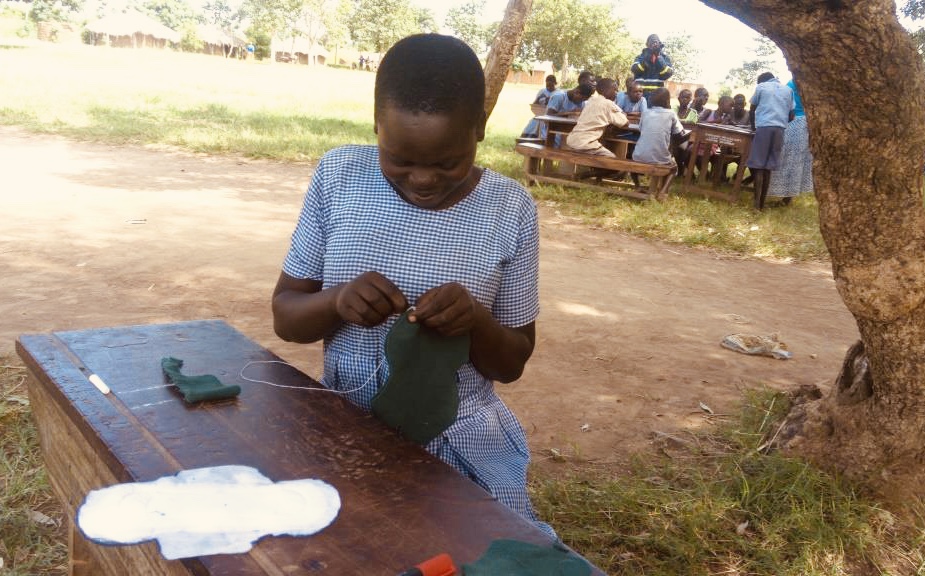
By working with the UPS Foundation, we have transformed the lives of students at Kakado Primary School.
A special thank you to UPS Foundation and Rotaract Jumeirah for responding to the vision for WASH in Uganda, provided by our local partner POPOW, and dedicating their support to sustainable change. Their love for Uganda does not stop at providing 3 schools with improved opportunities via fixed wells, water purification filters, latrines and hygiene education programs. Their sponsored WASH Training Center will host daily classes for thousands of children and adults on a wide range of topics including: hygiene, menstrual health, savings, business development, well technician, and more!
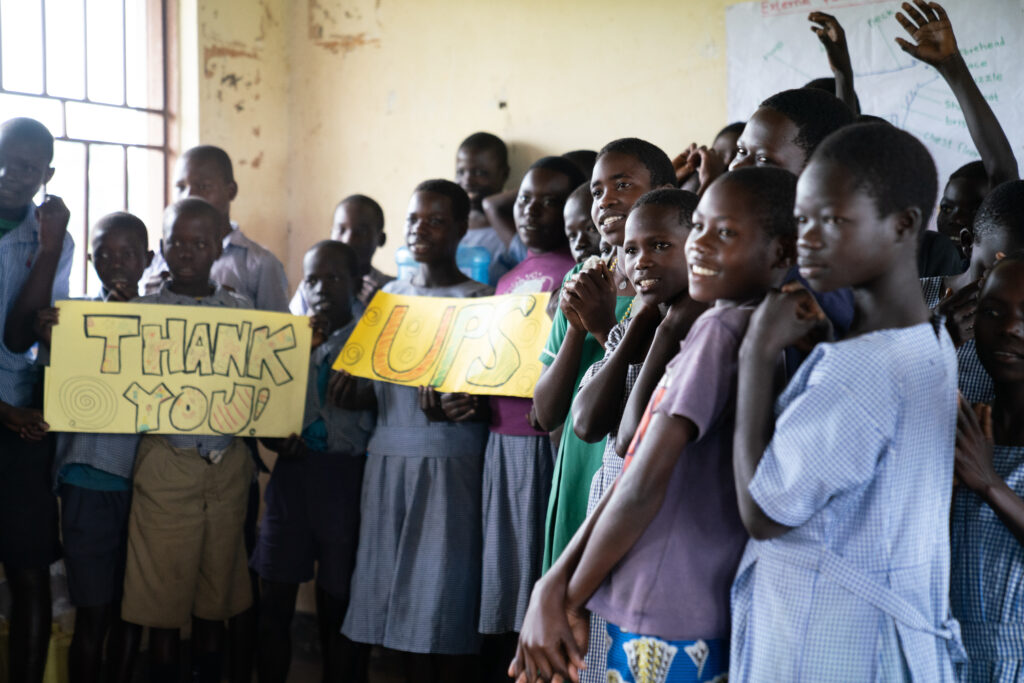
Written by Ashley Quinlan, Program Coordinator
